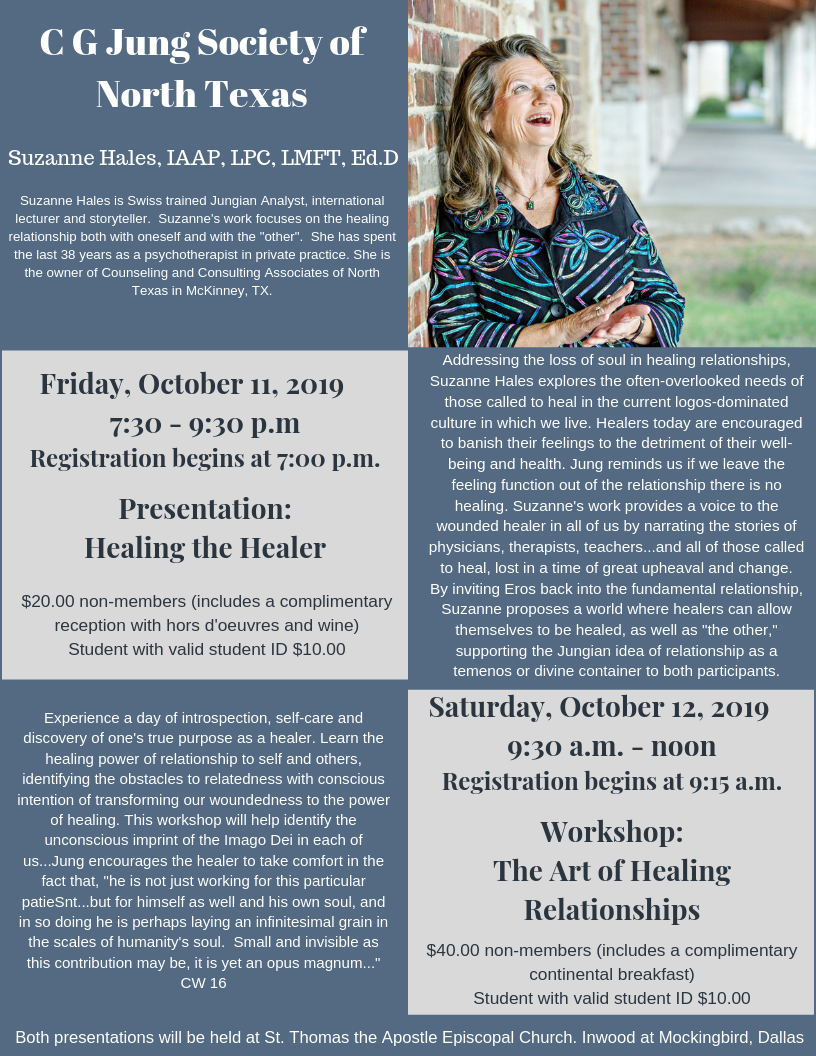Panic attacks are a sudden surge of intense fear or discomfort, often causing physical symptoms such as a racing heart, shortness of breath, and chest pain. These attacks can happen anytime, even during sleep. It’s natural to wonder: Can you die from a panic attack in your sleep? While panic attacks can be overwhelming and distressing, the risk of death is incredibly low.
In this article, we will explore the relationship between panic attacks and sleep, debunk common myths, and offer tips on how to manage them effectively to prevent unnecessary anxiety. Understanding how panic attacks impact the body, especially during sleep, is crucial to managing them and leading a healthier life.
Can Panic Attacks Occur During Sleep?
Panic attacks are not limited to waking hours—they can strike during sleep as well. This condition is called Nocturnal Panic Attacks. Though they occur in the middle of the night and might be terrifying, they do not pose a direct life-threatening risk. Let’s dive into how and why these attacks happen while you are asleep.
What Happens in Your Body During a Panic Attack?
Panic attacks trigger a “fight or flight” response, which leads to the release of adrenaline and other stress hormones. This can cause increased heart rate, rapid breathing, and a sense of impending doom. During sleep, the body’s autonomic nervous system is still active, and factors such as stress, anxiety, or certain sleep disorders can lead to a panic attack in the night. Let’s break it down further:
- Increased Heart Rate: Your heart races when experiencing a panic attack, but this doesn’t mean it will stop. It’s the body’s reaction to stress.
- Hyperventilation: Breathing fast and shallow during a panic attack can lead to dizziness or tingling sensations but is not typically fatal.
- Sense of Dread: This psychological component often makes panic attacks seem more dangerous than they actually are.
Can Panic Attacks Cause Death?
The main concern many people have is whether a panic attack can lead to death, especially when it occurs during sleep. The short answer is: No, you cannot die from a panic attack. Panic attacks are distressing but are not fatal. However, they can mimic the symptoms of a heart attack or other serious conditions, which is why it’s important to differentiate the two.
What Are the Risk Factors for Panic Attacks in Sleep?
Several factors can increase the likelihood of having a panic attack during sleep. These may include:
- Chronic Anxiety: People with long-term anxiety disorders may be more prone to nocturnal panic attacks.
- Sleep Disorders: Conditions such as sleep apnea or insomnia can exacerbate panic attacks.
- Stress: Emotional stress, unresolved trauma, or significant life changes can trigger nighttime anxiety.
- Caffeine or Stimulants: Consuming stimulants before bed, such as caffeine or certain medications, may increase the chance of a panic attack at night.
How to Manage Panic Attacks During Sleep
If you find yourself experiencing panic attacks during sleep, here are some practical steps to help manage them:
- Establish a Calming Bedtime Routine: Practice relaxation techniques such as deep breathing or meditation to reduce stress before bedtime.
- Sleep Hygiene: Ensure you maintain a consistent sleep schedule, and keep your sleep environment cool and comfortable.
- Avoid Stimulants: Reduce caffeine and avoid large meals close to bedtime.
- Talk to a Professional: A therapist can help address underlying anxiety issues and teach you coping mechanisms to handle panic attacks.
- Medication: In some cases, medication prescribed by a doctor can help reduce the frequency of panic attacks.
Frequently Asked Questions (FAQs)
Can a panic attack happen during sleep?
Yes, panic attacks can occur during sleep, known as nocturnal panic attacks. They may disrupt your rest but are generally not dangerous.
Can panic attacks cause heart problems?
While panic attacks can cause chest pain and discomfort, they do not directly lead to heart disease. However, frequent attacks can stress the heart, so it’s important to seek treatment.
How can I prevent panic attacks at night?
Focus on good sleep hygiene, manage stress levels, and consider relaxation techniques before bed to reduce the likelihood of panic attacks.
Are there long-term risks of having panic attacks at night?
Over time, frequent panic attacks may lead to sleep deprivation and anxiety disorders, but they are not directly life-threatening.
Can therapy help with panic attacks during sleep?
Yes, cognitive behavioral therapy (CBT) and other forms of psychotherapy can be effective in reducing the frequency and intensity of panic attacks.
Conclusion
While panic attacks during sleep can be terrifying, it’s important to remember that they are not life-threatening. Understanding the physiological responses during a panic attack and addressing the underlying causes can help reduce their frequency and intensity. If you or someone you know is struggling with nocturnal panic attacks, don’t hesitate to seek help from a mental health professional.



